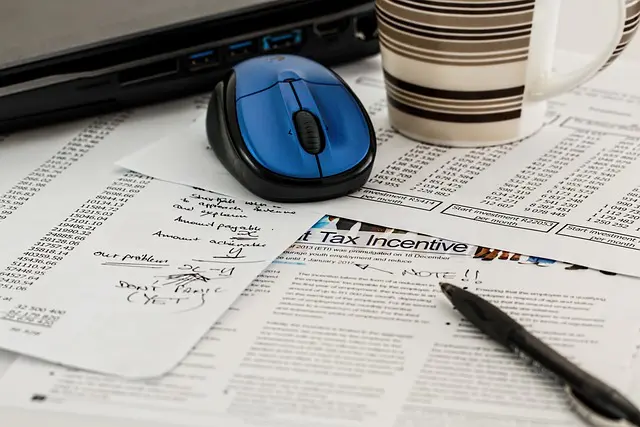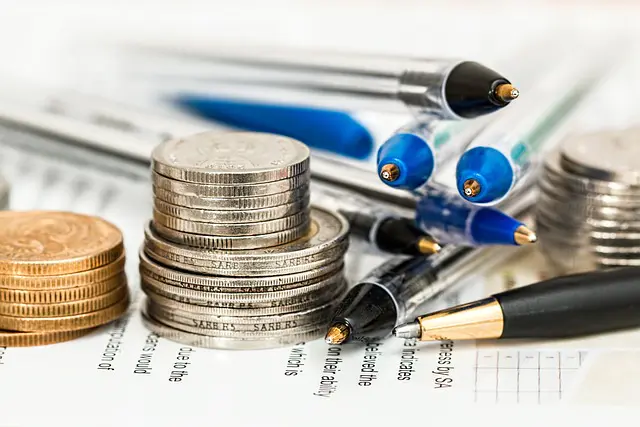Often, financial difficulties arise not from insufficient income but from overspending. In my early investment career, I worked as a Grand Canyon river guide with an annual salary of just $4000. Yet, I was able to live comfortably for a decade, residing in my VW bus and occasionally on the floor of the Transcendental Meditation Center in Flagstaff during the coldest nights.
While you might not want to emulate my extreme frugality, it's possible to live within your means and even save for investments by mastering a few simple strategies.

1. Mastering Expense Tracking
To manage your finances effectively, it's essential to know where your money goes. Instead of the tedious task of budgeting and tracking every cent, consider a more intuitive approach that's as enjoyable as a summer's day.
Collect several envelopes and a black marker. Label each envelope with a spending category, such as "fuel," "dining out," or "groceries." After receiving your paycheck, allocate a portion of cash to each envelope based on your projected expenses for that period. If you plan to spend $200 on fuel, place that amount in the "fuel" envelope.
Continue this process until you've either run out of envelopes or cash. If you find empty envelopes before your cash runs out, rearrange the funds to cover your essentials.
Spend only the cash from the designated envelopes, avoiding credit cards and other payment methods. If the "groceries" envelope is empty, it's time to get creative with your meals.
By following this method for a few pay periods, you'll gain insight into your spending habits and identify areas where you can cut back.
2.抑制冲动消费
I must admit, I have a tendency for impulsive purchases. However, when funds are limited, such as in my early days, this habit is naturally subdued. To control your impulses, question the necessity of any purchase over $50. Consider its impact on your life and whether it's worth the cost.
Apply this discipline especially to food purchases. You may find that not only do you spend less, but you also eat healthier, potentially even losing weight in the process.
Ask yourself: How long will the item last? Will it put you in debt? Is the value it provides over time worth the expense?
3. Credit Card Usage: Pay in Full Each Month
Credit cards are not inherently bad, but they often represent a trade-off between discipline and convenience, which is usually not a favorable exchange. As you work on financial discipline, keep those cards in your wallet and use cash for your transactions.
If you must use a credit card, ensure you pay off the balance in full each month. This practice will help you track your spending without incurring interest charges, effectively making it similar to paying with cash.
4. Ditch the Need to Impress
Let go of the desire to impress others; no one is truly concerned with your choices. People are more focused on their own image and what others think of them.
Embrace individuality and avoid the common trap of spending to maintain a certain image. This often leads to unnecessary expenses on cars, clothing, and other superficial items.
I've always been good at this; I didn't care about impressing others. My possessions were minimal, and I focused on buying what I truly enjoyed rather than what others might think.
5. Identify and Eliminate Budget-Draining Habits

Living on a shoestring budget for over a decade taught me the importance of avoiding bad spending habits. If you have any, it's a sign that you likely have more money than necessary.
Examine your habits for leaks in your






